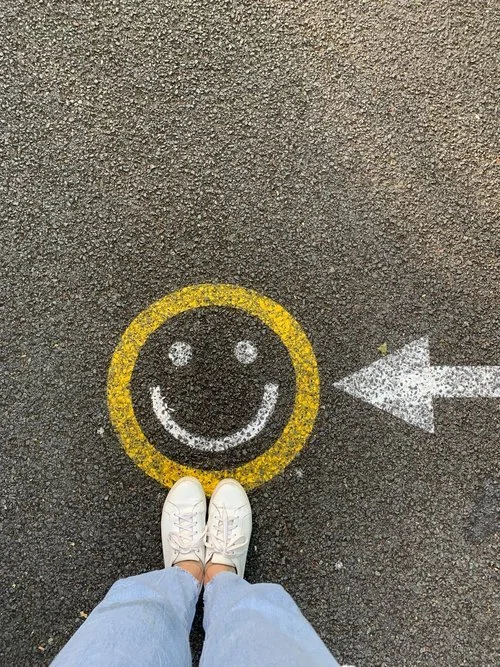Happiness Series (Part 3): Transforming Unhappy
According to Dr. Haneda in What is “Happiness” in Buddhism, “An unhappy person is a person who cannot forget himself.”
When I think of my own unhappiness, this is almost always the case. I’m not happy because the vision in my head did not match up with reality. I think we call it “licking our wounds” when we find ourselves upset in these situations.
In his book Bits of Rubble Turn into Gold, Dr. Taitetsu Unno wrote that Shin Buddhism only makes one demand from its followers: to give up the ego-self. He said that “the goal of our spiritual quest is not in transcending our everyday world, or in some far-off place in time and space. It is to be discovered and rediscovered at the very place where we stand.” This is the role of Amida Buddha, to remind us “of our present existence and discovering therein a new order of being, radically refreshing compared to the conventional world built with false constructs.”
I think about the movie Up. The main character, a cantankerous old man named Carl, is widowed, old, and about to lose his beloved home to developers. Life has passed him by and he does not want to live anymore. He finds himself stuck with a young boy who he does not like. This makes him more miserable. He feels inconvenienced. It is not what he had in his final plans for his life. The two of them unexpectedly go on an adventure together to Paradise Falls, which is a place where Carl and his wife had always wanted to go together, but never got around to doing before her death. This makes the situation more insulting for Carl. He should have been there with his beloved wife, not an annoying neighbor boy.
While at first Carl feels angry to be in these circumstances, he develops a renewed sense of purpose through his relationship with the boy and the many animals they befriend. He begins to enjoy their company and feels a responsibility to protect them. Carl encountered something more powerful than himself: the responsibility to raise a child. The boy did not have a father, and when they returned from their great adventure, Carl had the opportunity to step in and become a male figure to him. For Carl, he never had the chance to be a father. Even though this brought happiness to the boy’s life, unexpectedly this would bring fulfillment to Carl’s life too. The movie began with Carl feeling miserable, angry, and finding no reason to live. It ends with him looking forward to another day and making a difference in other people’s lives.
For me, Namo Amida Butsu helps me return to my center. I am reminded to let go of my ego self. It is a reminder of everything I have lived through, and how much the good and the bad and the everything in between has given me this meaningful journey as a human being. It reminds me to be present, to let go, and for this to be enough.
I turn forty soon. I’ve been mulling over what I want to do for this landmark birthday. I can’t quite figure it out. There is nothing I really want. There is nothing I need. I look around and think: this is enough. On paper, there might be plenty to add or subtract to my life. Yet, I feel content as it is. This, I think, is the happiness I’ve been looking for throughout my life-- psychological richness-- or maybe just a sign that Buddhism is serving me well. Whatever it is, I am grateful.

